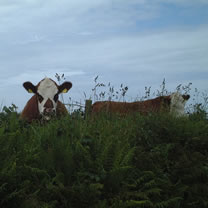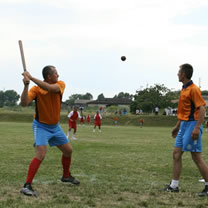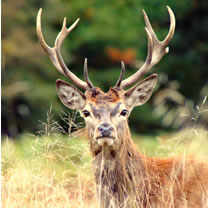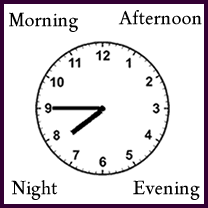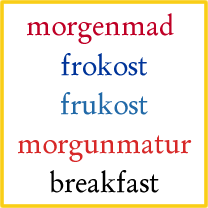The word zhoozh [ʒʊʃ/ʒʊʒ] was one of the words of the week on the episode of the Talk The Talk podcast I listened to yesterday.
There are various ways to write it: zhoozh, zhoosh, zhuzh, or even tszuj. It means “To tweak, finesse or improve (something); to make more appealing or exciting”, and is often used with up, e.g. to zhoozh up.
Zhoozh was possibly first used in the 1970s in Polari, a cant or slang used by Romani people, and also gay people, in the UK, especially in theatres.
It may come from the Angloromani yuser (to clean) and yusher (to clear), from yus-, yuz-, yuzh- (clean) and yush- (clear), from the Romani žuž-, už- (clean”).
It is also used to mean to blend ingredients using a food mixer or blender. For example, throw the ingredients in the blender and give them a quick zhoozh.
In South African slang it means stylish, hot, or cool.
Source: Wiktionary
See also:
https://www.merriam-webster.com/words-at-play/zhuzh-zhoosh-queer-eye-origin-kressley
http://phonetic-blog.blogspot.com/2009/03/placeholder.html
https://www.urbandictionary.com/define.php?term=zhoozh
Are there any similar words in other languages?

